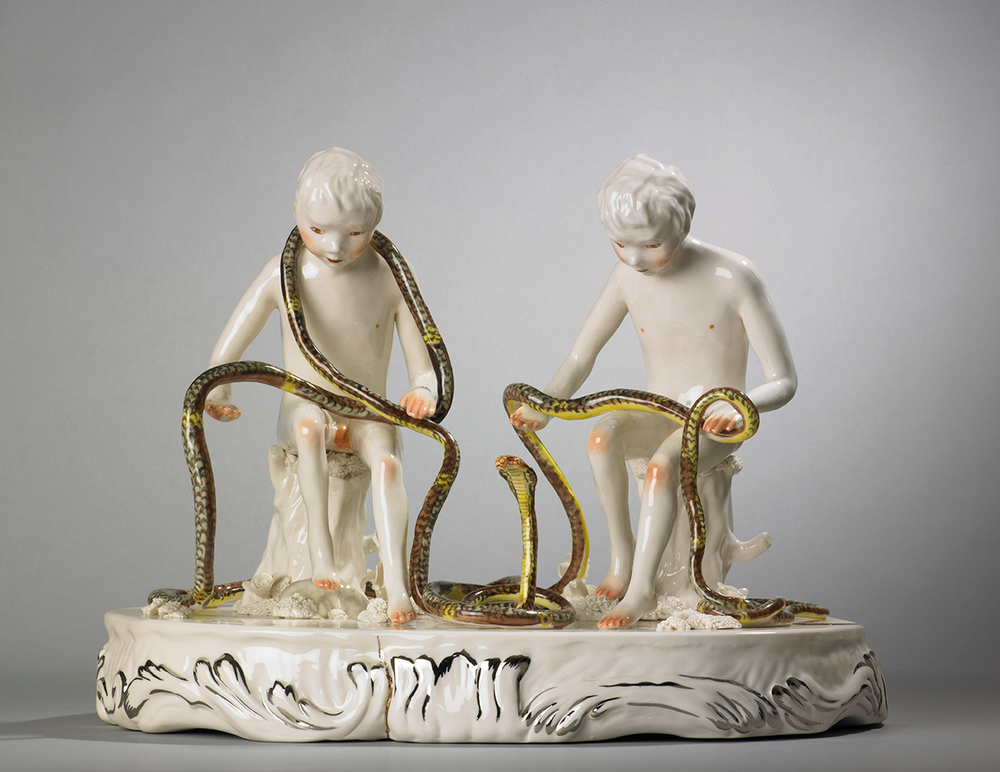
In 2010, Ali Liebegott took a road trip by train. Destination: the Emily Dickinson house. Along the way, she interviewed poets—Dorianne Laux, Marie Howe, CAConrad, and many more. We’ll be reposting the series to celebrate the release of Liebegott’s fourth book, The Summer of Dead Birds.
I first met Marie Howe when she was my instructor at Sarah Lawrence College. The time that I was a student intersected with her reading frequently from her collection What the Living Do, poems that chronicle her brother’s death from AIDS. I remember being at her readings and crying. I interviewed Marie Howe in her West Village Apartment in October of 2010. She is the author of The Good Thief, What the Living Do, and The Kingdom of Ordinary Time. In 2012 she was named the Poet Laureate of New York State. – Ali Liebegott
I. WAITRESSING, WAITRESSING. WAITRESSING, WAITRESSING.
THE BELIEVER: You have a chance to make out with Rilke or Emily Dickinson.
MARIE HOWE: Emily. No question.
BLVR: Why?
MH: Rilke made out with too many girls.
BLVR: So the journey starts in San Francisco and ends at Emily Dickinson’s house.
MH: I’ve never been there. I’ve seen it from the outside. It’s crazy. I was going to bring my class last year and it was closed to renovate. I just can’t seem to get inside the house. Although I’m told that Sue’s house next door is actually better to go into because it has not been changed.
BLVR: Do you remember the first time you ever read an Emily Dickinson poem?
MH: You know what’s so funny? I was just thinking about this because someone just asked me what was the first poem you wrote? And I remember writing a poem when I was very young, I think I was seven, and it seems absolutely modeled on Emily Dickinson. It was about my soul: “I have a little house to clean, it’s not so very small.” Isn’t that Dickinsonian?
BLVR: Wow. Yeah.
MH: [Continues reciting poem.] “But you don’t need a mop or broom you just need grace that’s all.” I swear it’s totally influenced by Emily. The nouns were capitalized. The turn of mind was pure Emily Dickinson to me. I know I either had been read to or seen some of her poems when I was very young and she struck me as being completely accurate about everything. She was inside experience.
BLVR: You went to graduate school for writing?
MH: I did.
BLVR: So when did you know, “I’m a writer in the world and now I’m...
You have reached your article limit
Sign up for a digital subscription and continue reading all new issues, plus our entire archives, for just $1.50/month.
Already a subscriber? Sign in




